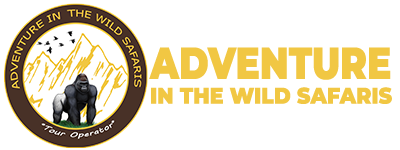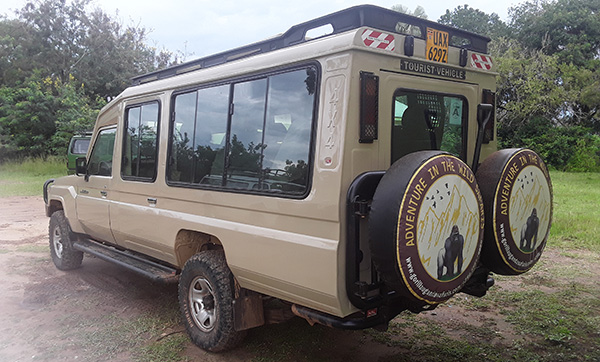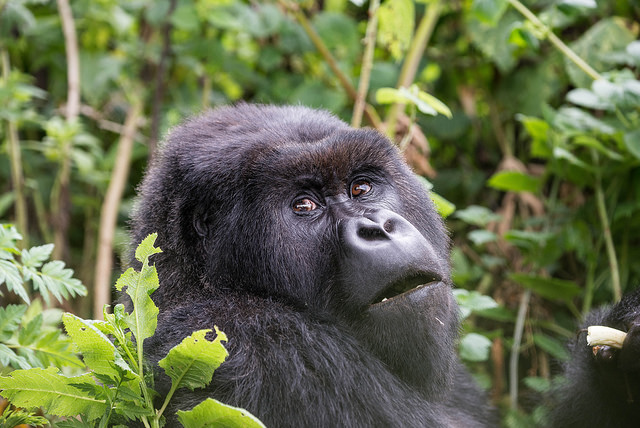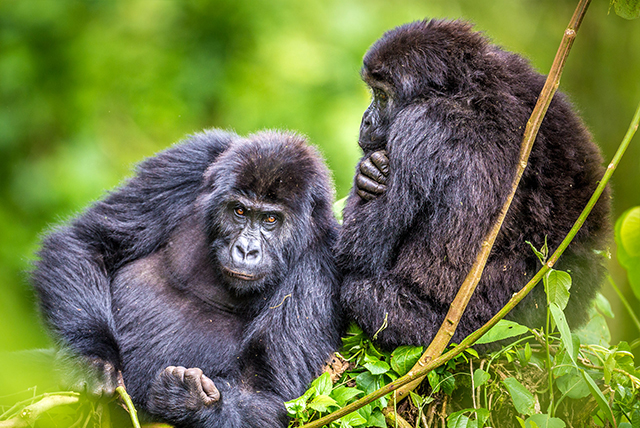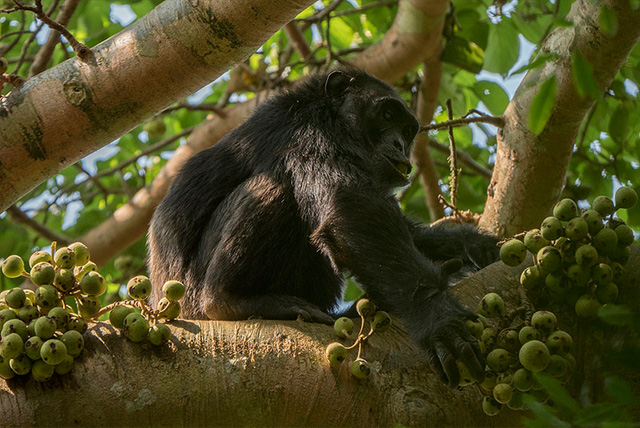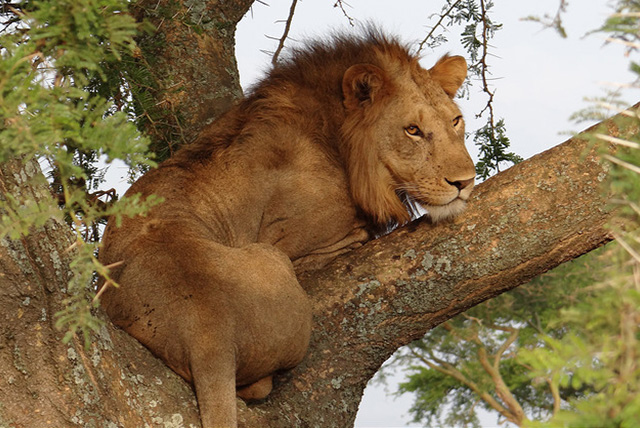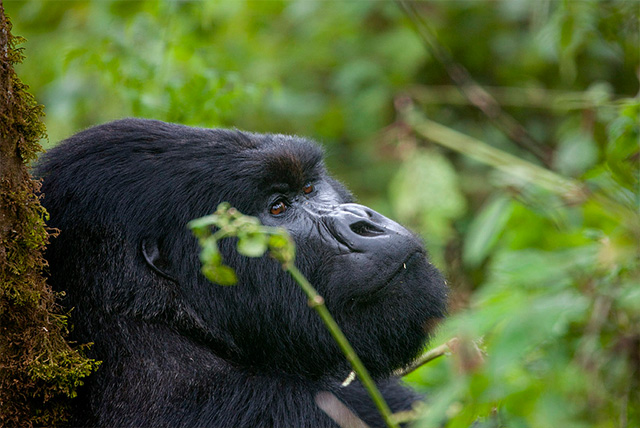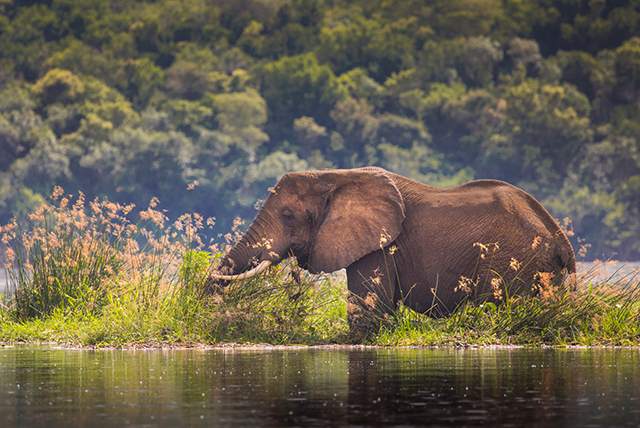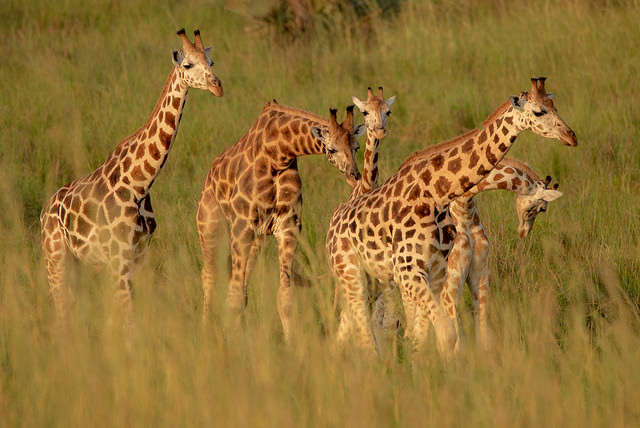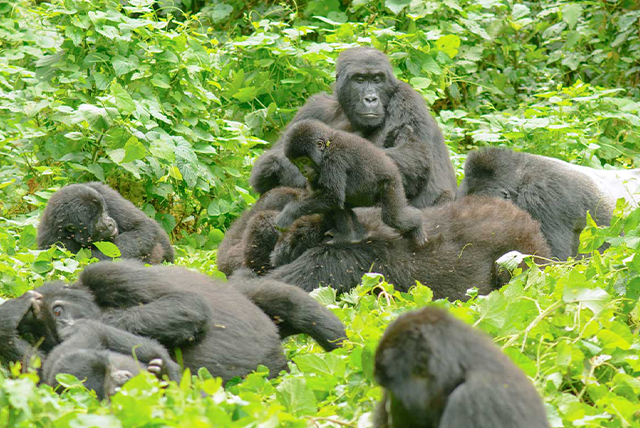Botswana Travel Advice
Exploring Botswana: Essential Travel Tips
A safari vehicle rests in the heart of the bush, ready for exploration.
The sun rises over the vibrant landscape of the Okavango Delta in Botswana, heralding a new day filled with possibilities.
There’s nothing quite like fresh, insightful travel guidance straight from the specialists – check out Adventure in the wild safaris’ vital Botswana travel tips before your journey.
Finance & Expenditure
The national currency of Botswana is the Pula – a regionally strong currency – yet the US dollar finds a warm welcome at lodges and hotels across the country. Major hotels feature foreign exchange desks, and you will find that most shops, lodges, and travel agencies readily accept traveller’s cheques. Hotels, lodges, shops, and restaurants welcome all major credit cards. However, certain places do not take Diners or American Express for payment.
While full banking services can be found primarily in Botswana’s major towns, the presence of ATMs is on the rise, offering more opportunities for exploration.
Banking hours are from 8:30am to 3:30pm, Monday through Friday, and 8:30am to 11am on Saturday.
Tipping
If the service meets your expectations, it is a common practice to show appreciation by tipping lodge staff and guides in Pula or any hard currency during your Botswana safari. The amount you choose to tip can change based on the role of the staff member and the size of your group.
In urban eateries and pubs, it is standard to leave a 10% gratuity when the service charge is not part of the bill.
For comprehensive tipping advice, reach out to one of our Africa Safari Experts – they’re eager to share their insights with you.
Climate Average summer temperatures range from 18°C to 38°C
Typical winter temperatures range from 6°C to 27°C.
Wet season: October/November to March/April
Check out “best time to visit Botswana” for climate charts and insights on optimal wildlife-viewing periods.
Essential Items to Bring
When preparing for a Botswana safari, being practical is essential. During the summer, the sun blazes down, often pushing temperatures above 40°C. It is the perfect time to don your favorite shorts and t-shirts, but do not forget to grab a longer shirt to shield yourself from the sun’s rays if you are prone to burning. Select attire in earthy tones (steer clear of white) and opt for breathable long-sleeved garments during the night and early mornings to shield yourself from pesky mosquitoes.
As the cooler months roll in, it is wise to embrace the art of layering. The days may bask in warmth and sunshine, yet the nights can plunge into near-freezing temperatures. Don’t forget to bring a warm fleece or jacket for those early morning and evening game drives, as the chill can be quite intense.
Travel & Transportation
A personal voyage
For ease and relaxation, many of our Botswana luxury tours utilize private air charters for travel – perfect for observing wildlife from above.
Have you heard that you can book your flights with Go2Africa? For additional details and common inquiries, please check out our Flights section.
Gaborone: you can take a flight to Sir Seretse Khama – Botswana’s primary international airport – from Johannesburg, but many adventurous travellers heading for safaris bypass it and fly straight to one of the two airports listed below.
Maun: with daily flights from Johannesburg and Cape Town, reaching the gateway airport to the Okavango Delta is a breeze. You’ll board a light charter aircraft for your journey into the Delta.
Kasane: embark on a journey to Chobe’s gateway from Johannesburg, Gaborone, or Maun. Your journey will take you by road to lodges nestled in the Chobe River region or aboard smaller aircraft for exhilarating safaris in Savute or Linyanti. Victoria Falls is just a short drive of under 100km away.
In Botswana, hopping from one destination to another often involves charter flights on small aircraft, with transfers and game drives taking place in open-sided 4X4 vehicles. Exploring the Okavango Delta often involves thrilling transfers and game viewing by motor boat and mokoro (dug-out canoe).
Visa and Passport Requirements
Every traveler to Botswana should carry a passport that remains valid for at least six months beyond their travel date; however, citizens from EU countries, most Commonwealth nations, the USA, South Africa, Switzerland, Israel, and Norway do not need visas.
Upon arrival, you will receive a 30-day entrance stamp, and for those eager to explore further, visas for Namibia, South Africa, Zambia, and Zimbabwe can be obtained in Gaborone.
Exploring Botswana’s rich history and vibrant economy
Since gaining independence in 1966, Botswana has thrived as a model of democracy, showcasing one of Africa’s remarkable success stories. This expansive country, often linked to the San Bushmen, was once home to Iron Age African farmers, the ancestors of the modern Tswana, before falling under British colonization. Once a quiet corner of colonial rule, Botswana’s journey to independence was marked by the leadership of Sir Seretse Khama – a figure held in great esteem – and the remarkable discovery of vast diamond fields that dramatically reshaped the nation.
Nestled in the arid core of Southern Africa, Botswana has skillfully harnessed its scarce resources, leading to three decades of remarkable economic growth that stood out globally. The riches generated from Botswana’s key sectors of cattle, diamonds, and tourism have led to impressive infrastructure and, by the standards of the continent, a commendable quality of life.
Individuals & Community
With a population of just over two million, Botswana boasts a largely uniform culture infused with deep-rooted spiritual convictions. The majority of the population practices Christianity and speaks Tswana, with English being commonly used. Meanwhile, many San Bushmen continue to embrace their traditional lifestyle in the Kalahari. Most of the population, however, resides in the bustling south-east, particularly in the rapidly growing capital city of Gaborone, while vast stretches of the country remain untouched and untamed.
Scenery & Creatures
Inextricably linked to the Kalahari Desert, Botswana’s landscape is predominantly flat and arid, adorned with thorny acacia trees and featuring vast salt pans alongside undulating grasslands. In northern Botswana, the rainfall reaches its peak, where expansive open woodlands shape the landscape. This region is home to several globally significant wetland habitats, including the Okavango Delta, the Linyanti Swamps, and the Chobe River, all of which teem with a remarkable diversity of wildlife.
Boasting more than 17% of its land dedicated to conservation and implementing a near-total hunting ban since 2013, Botswana serves as a sanctuary for wildlife. Its protected regions, especially Chobe National Park, the Okavango Delta, and the Moremi Game Reserve, are celebrated as some of the finest spots for observing game in Africa. Botswana’s Kalahari parks are among the most untamed and untouched in the area, providing fantastic chances for wildlife observation, particularly in early summer when numerous zebra migrations take place.
A majestic herd of elephants strolls alongside a river, their silhouettes mirrored on the shimmering surface of the water.
Botswana boasts an incredible one-third of the globe’s elephant population!
Botswana boasts remarkable wildlife features, showcasing some of the highest concentrations of elephants in Africa, exceptional birdwatching opportunities, a wealth of predators, and the largest population of African wild dogs on the continent. Botswana’s lions are renowned for their impressive size and their remarkable skill in hunting large animals like hippos, buffalo, and even young elephants.
